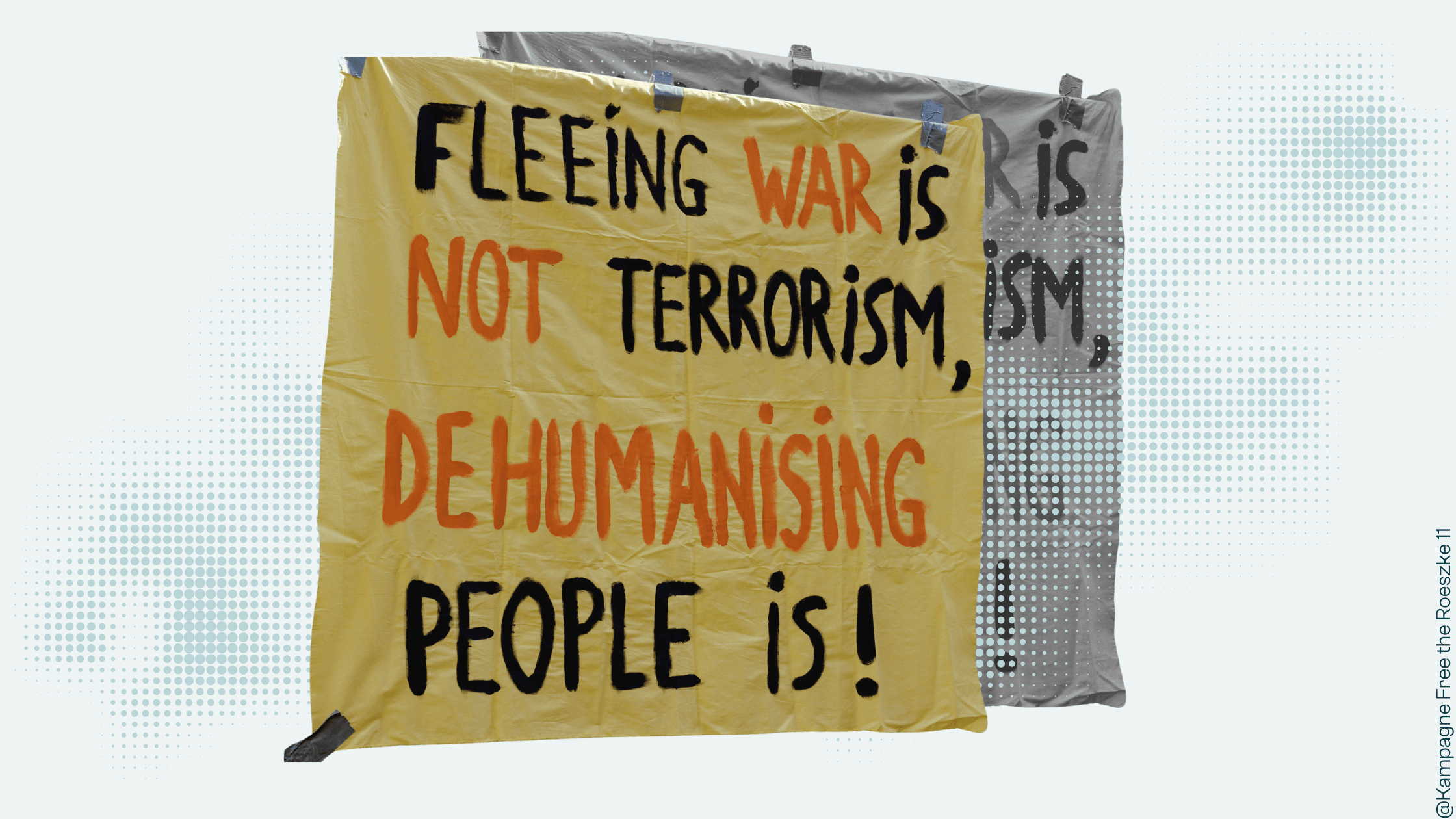Case 23
| Case Number | 23 |
| Charge | Fraud |
| Defense Attorney Present | Yes |
| Interpreter Present | Yes |
| Racialized Person | Yes |
| Outcome | Fine |
A woman comes to Germany for health treatment, her family collecting thousands of euros to prepay costs and secure a visa. A federal agency accuses her of forging identity documents. Despite the prosecution admitting lack of evidence for intentional deception and requesting acquittal, the court sentences her to a harsh fine, jeopardizing both her stay in Germany and her health.
The judge openly and wrongly assumes the woman to have immigrated illegally, which speaks to the deeply engrained nature of racist prejudice in Germany and its punishment system. Clearly, this prejudice affects how he approaches the case: Even the lack of evidence conceded by the prosecutor does not sway the judge and the defendant’s medical situation appears to play no role in his assessment. Moreover, the case shows how courts act as a mechanism for migration control: by imposing criminal penalties, they create additional barriers for migrants and reinforce the precarity of their legal status in the country, acting as deterrence.
The defendant enters the courtroom accompanied by her lawyer and an interpreter. During the hearing we learn that she had come to Germany about two years prior to the trial to receive essential health treatment after unsuccessful attempts in her home country. Her family had collected thousands of euros to cover her treatment costs upfront, allowing her to obtain a visa.
The prosecution accuses her of forging an identity document and using it to present a false identity to a federal ministry. The defendant’s lawyer explains the circumstances of her entry into Germany and how she obtained the document, which a forensic report identified as forged. The lawyer states that the embassy in her home country recognized the document, giving the woman no reason to believe it might be forged.
The judge expresses doubt about this account, incorrectly assuming her visa application had been rejected. The lawyer corrects him, stating that the application was approved on medical grounds.
Both the prosecution and defense plead for an acquittal, but the judge insists that the forgery is proven and that he has no doubt about the defendant’s intent to deceive. The lawyer angrily declares he will appeal the decision.

